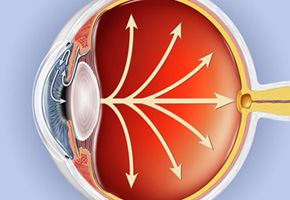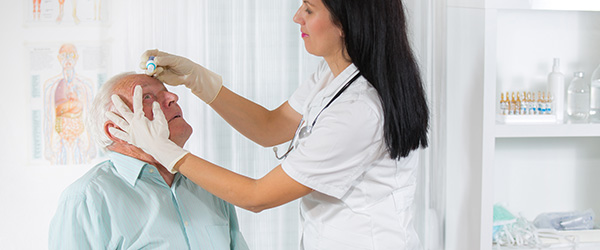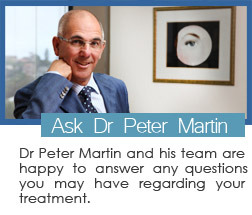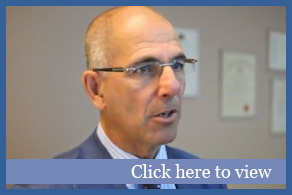
Glaucoma Symptoms, Causes and Treatment with Dr Martin
What is Glaucoma?
Glaucoma is a condition where there is an increase in fluid pressure inside the eye that leads to optic nerve damage and gradual loss of sight.
In every person’s eye, we have a flow of intraocular fluid. This fluid maintains the shape of the eye and provides nutrition to the ocular structures.

The constant flow of intraocular fluid is a delicate process. The intraocular fluid will circulate then drain from the eye through a kind of sieve into the bloodstream. If the sieve becomes damaged the fluid becomes trapped and is unable to drain properly. This causes a build-up of pressure upon the eye’s nerves. The added pressure damages the nerves and causes eyesight to degenerate. Raised intraocular pressure that results in damage to the optic nerve and loss of vision is referred to as glaucoma.
Glaucoma Symptoms
Glaucoma is often hard to detect because it affects the eye gradually. The early stages tend to not present many symptoms. Eventually a patient with glaucoma may notice symptoms such as:
- loss of sight
- blurriness
- inability to adjust to changing light levels
In more severe cases:
- Headaches
- Coloured rings around lights
Glaucoma Causes
Generally glaucoma is caused by one or more of the following:
- Family history
- Short sightedness
- Raised blood pressure
- Diabetes
A patient with diabetes is almost twice as likely to develop glaucoma in comparison to other adults.
Glaucoma Treatment
Early diagnosis is essential. Ophthalmologist Dr Peter Martin recommends that patients organise regular appointments with an ophthalmologist every 2 years (particularly if the patient is over 50) unless advised otherwise, to monitor your eye health. Early diagnosis reduces the risk of damage and permits the use of drops or laser therapy to reduce the long term damage to the nerve.
There is no certain cure for glaucoma however control is essential in order to limit the effects of the disease on vision. Most commonly glaucoma is treated with eye drops to lower the intraocular pressure. Tablets and laser treatments are also options for control of glaucoma.
If you have glaucoma, it is essential that you follow your doctor’s instructions strictly. A recent study showed a moderate percentage of patients did not regularly refill their eye drop prescriptions. Your eyesight will only deteriorate further if you don’t use your eye drops as directed and get fresh prescriptions when required.
Why you should see an Ophthalmologist here in Sydney
During your appointments with Dr Peter Martin, he will assess your overall eye health. It is important to see an Ophthalmologist because you won’t always feel pain or notice symptoms when something is wrong with your eyes. The following are some of the things that you will be assessed and tested for during your appointment:
Testing for:
- Refractive Error: the need for glasses, update or initial pair
- General eye health check
- Diabetes
- Cataract
- Macular degeneration
- Glaucoma
- Orbital health
- Dry eye/ Corneal problems
- Blepharitis and eyelid health
- Ocular motility issues



